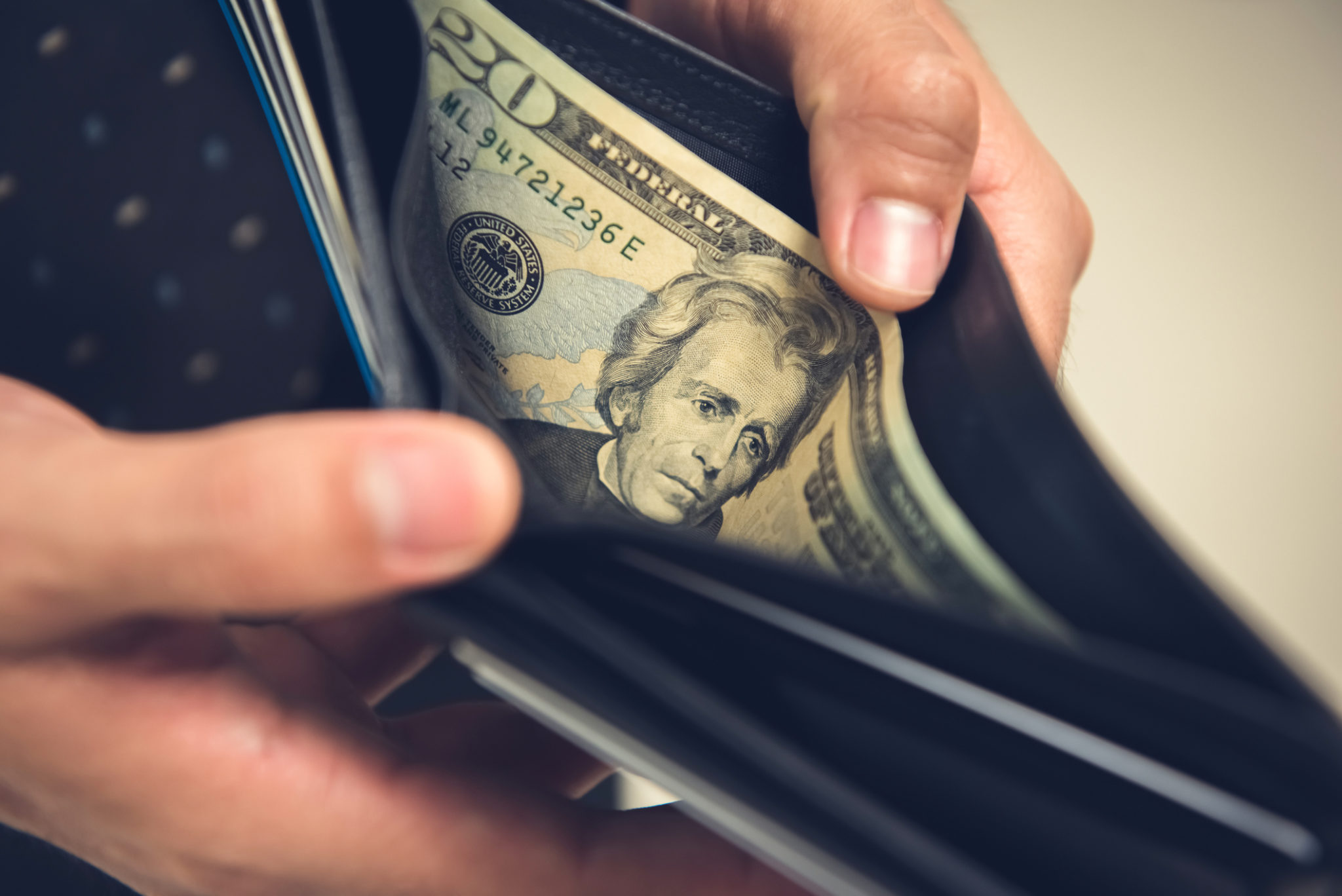How to Get Back on Your Feet After a Financial Setback
Most of us have run into financial difficulty at some point in our life. Even hard-working and resourceful individuals may come up against unexpected challenges, like a sudden medical emergency or a major car repair bill.
Whatever the case may be, it can be extremely stressful to suffer a financial setback. However, there is good news: there are ways for you to get back on your feet and escape from that pit of despair! Here are 7 tips to help you restore financial stability after suffering a setback:
Acknowledge Your Situation and Move On
The first vital step you need to take is to simply be honest with yourself. If you have suffered a major financial setback, then it will likely mean some changes in your lifestyle, at least for the time being. Trying to fool yourself that everything can go on as it always has will only lead to bigger problems down the road.
At the same time, there’s no need for you to feel extremely guilty about the situation. Things happen. Challenges arise. Just because you’ve suffered a setback doesn’t mean that you’ve been negligent or lazy — even the most industrious people can get into money trouble, through no fault of their own. And even if you are partly to blame for your problems, now is not the time to wallow in self-pity. Now is the time to face the problem head on, and exert effort to get your finances back where they should be.
Gather Your Debts Together
Once you’ve made up your mind to face reality (without burdening yourself with excessive guilt), it’s time to take some practical steps. First of all, gather all of your debts together. This will give you a clear idea of what you’re up against, and assist you in developing a workable plan to turn things around.
Prioritize Your Debts
After compiling all of your debts and adding up their totals, it’s time to prioritize which debts need to be paid off first. There are a number of ways to go about this. Two of the most common debt repayment strategies are the snowball method and the avalanche method.
- In the snowball method, you prioritize those debts with the smallest balances. For instance, if you owe Credit Card Company A $1,000, and Company B $5,000, you would focus on paying off Company A first. The biggest advantage of this approach is psychological: as you see your smaller debts disappear, it will provide more motivation to pay off your bigger debts.
- The avalanche method is almost the opposite of the snowball method. In this strategy, you prioritize debts with the highest interest rates on their balance. In the example above, imagine that Company B charges a 15% interest rate, whereas Company A only charges 12%. In that case, you would focus on paying off Company B before Company A. The main benefit of the avalanche method is that you’ll save money in the long run that would otherwise be spent on interest from your debts.
Plan a Budget
This is an absolutely vital step to recovering from a financial setback. A budget can help you to “keep your eye on the prize,” and at the same time prevent you from overspending or wasting money. Basically, the point of a budget is to help you save money in order to meet your financial objectives — whether your goal is to save up for a vacation or pay off your debts. Here are 3 simple steps to creating a workable budget:
- Identify your income. Add up all sources of income that you currently have, including income from work, any government assistance you are receiving, etc.
- Total your bills. Add up all of your monthly expenses, including necessary costs such as rent or mortgage, electricity, phone, Internet, insurance, gas, and groceries. Be sure to include other regular expenses as well, like eating out.
- Give yourself a cushion. Once you’ve added up both your income and your expenses, you want to set a spending goal for yourself. When you do so, make sure to give yourself a little wiggle room, since unexpected expenses may come up.
Identify Ways to Reduce Spending
Now that you have your spending goal in place, look for ways to cut down on monthly expenses. While some costs are more or less set in stone (rent, phone, Internet, etc.), you may be able to adjust your spending habits when it comes to non-essentials.
For example, do you frequently go out to eat? Maybe you can cook more often. Do you take your car to a premium car wash? Maybe you can wash your car on your own. Do you spend a lot of money on self-care? Maybe you can cut back on your visits to the spa.
Explore Assistance Programs
If you’re struggling financially, there are many government programs out there that can offer assistance. For instance, if you’ve lost a job due to circumstances beyond your control (like COVID-19), have you applied for unemployment benefits? Moreover, the Supplemental Nutrition Assistance Program (SNAP) offers low-income families a subsidy for groceries and other necessities. The point is, if you are in financial difficulty it may be wise to investigate which programs you qualify for.
Take Out a Cash Loan
One final tip to help you recover from a financial setback is to take out a cash loan. While this option is not for everyone, a cash loan could be the perfect solution to a temporary financial emergency. You could pay off your most pressing bills now, and give yourself some breathing room as you work to pay off the loan.
If you are interested in taking out a cash loan, Koster Cash Loans is here to assist you. Not only are we reputable money lenders; we also provide our customers with tools to help them improve their credit and get their spending under control. Log onto our website today to fill out a simple finance loan application. Unexpected situations can come up in anyone’s life. We understand, and we’re here to help.











